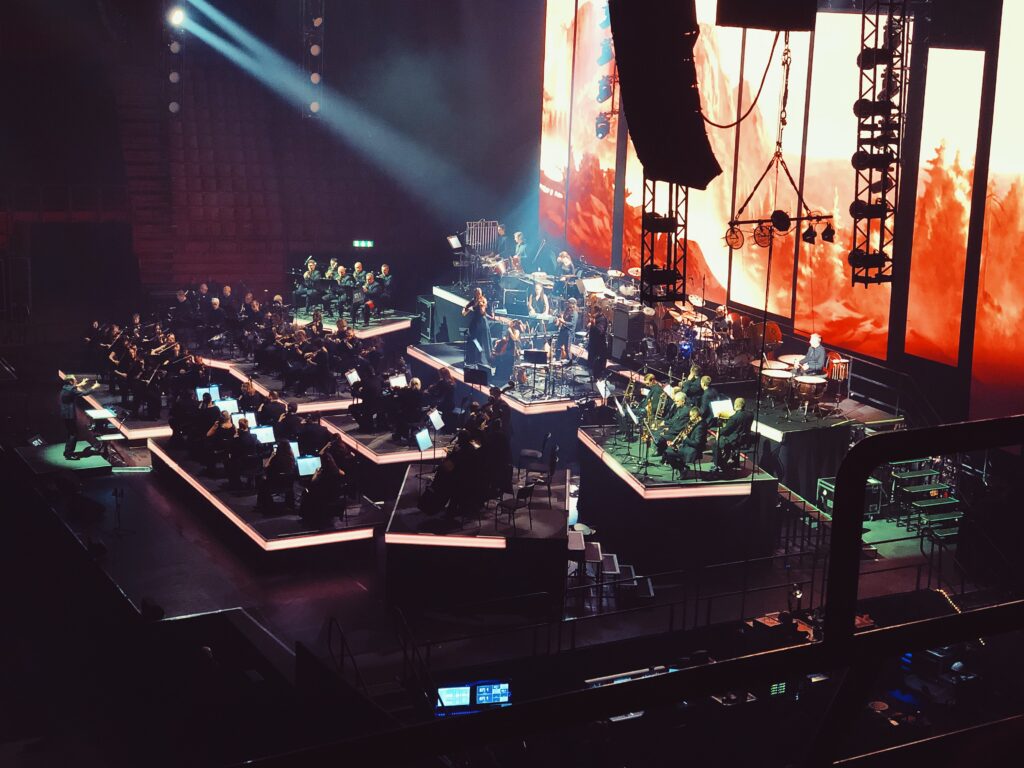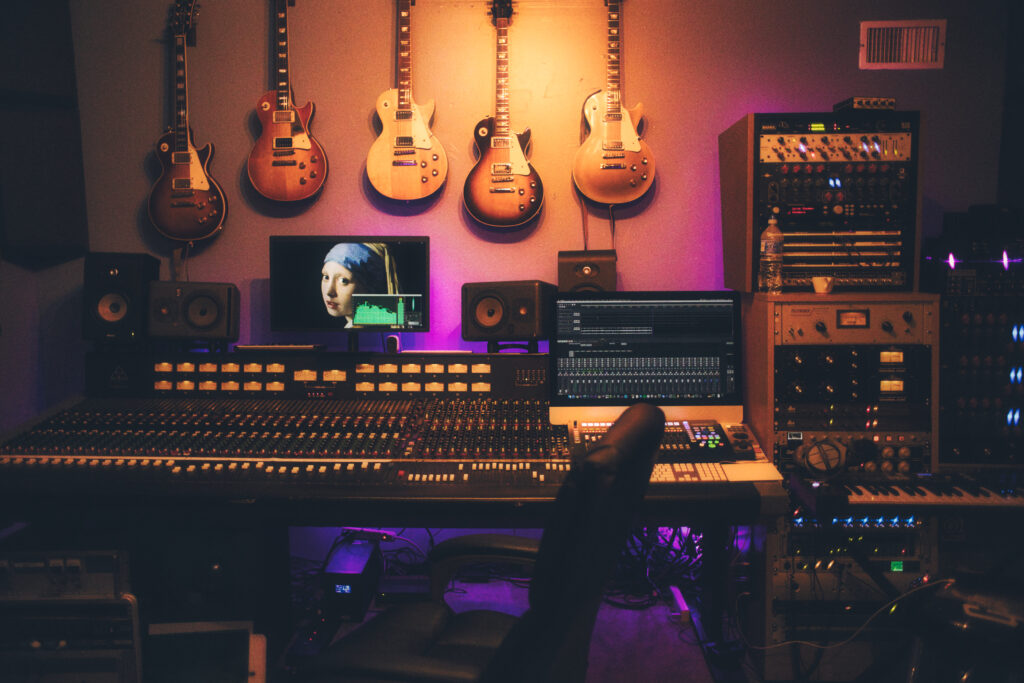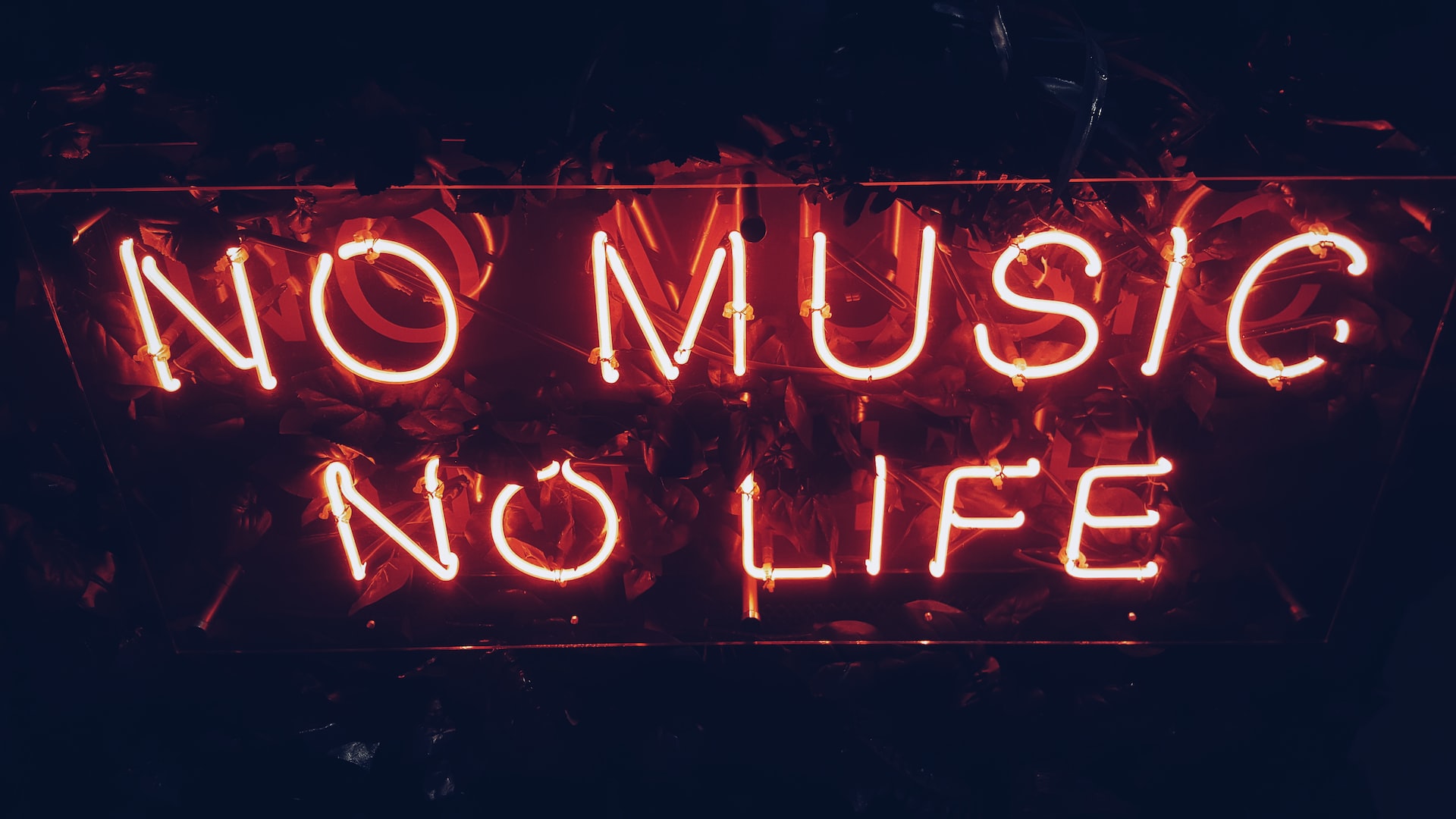When it comes to videos, visuals are often the stars of the show. Producers can spend most of their time perfecting their products’ looks and aesthetics and have them tailored to deliver their messages well. When it comes to achieving an emotional connection with the audience, however, they turn to one tool – music.
As humans, we are drawn to sounds to the point where they can even influence how we feel, whether it be happiness, sadness, fear, or other complex emotions. It is the reason why you feel that grand sense of awe or rising grip of suspense whenever you are watching a film. Music can also manage to “stick” inside your head, like that catchy jingle you hear on the radio. Video marketing strategists make use of interesting background music within their ads to entice the viewers into paying attention. This is one of the reasons why music is important in producing videos – an incredibly useful tool that taps into our very nature itself.
History of Music and Video Production

In order to fully understand why music is important, we can trace the origin of its usage in music and video production. During the 1890s, the popularity of silent films managed to span three whole decades telling stories with varying themes. With the absence of dialogue, the producers were burdened with the task to portray their characters’ emotions with such a limited medium. That’s where music came in! These films were often accompanied by pianists and sometimes a full orchestra, performic those iconic ragtime tunes.
Ever since then, interesting background music has been used immensely in videos to capture the mood and fill the audience in with some extra context. Horror movie directors found a way to effectively instill fear and unease with high-pitched dissonant noises. Producers of famous romance films incorporated full-string orchestras within key scenes to emphasize joy. It wasn’t too soon after that people realized that there’s so much practicality in music and video production.
The Roles of Music in Videos
Audio and visuals are two disciplines that have been used together for a very long time. Over the years, music and sounds were utilized in a myriad of ways. From sound effects to jingles and interesting background music, the sheer amount of roles music can play is a testament to its efficiency in connecting to the viewers. Here is a list of the very reasons why music is important in videos.
Music brings out emotion
At its core, videos are known for being primarily visual mediums. Unlike still images and posters, however, videos have the advantage of being accompanied by sounds to establish the mood and context.
Music has the power to influence how we feel. It touches us in ways that we still don’t quite understand. In fact, there are specific musical scales, the major and minor scales, that are widely used even in songs today. These bring out our most human emotions; joy and sadness. It is highly versatile as well. It allows you to create interesting background music to fit a variety of different genres like action, mystery, and romance.
Music is memorable
There is a reason why making catchy jingles is such an effective video marketing strategy, and it is the same phenomenon that drives the popularity of modern pop songs. This is because music is memorable and easily recognizable.
Marketing and commercials aside, music has been used to instill memories within other aspects of film and television. Back in the heyday of TV shows, almost all of them are accompanied by a great song in the title sequence to establish their identity. Films, on the other hand, often use interesting background music to remind us of a character or a place, signifying its presence in the scene. This usage of music, called the leitmotif, is very popular in the practice of film scoring.
Music communicates
Hans Christian Andersen once said, “Where words fail, music speaks.” Communication is inevitably the heart of both music and video production. The power of audio can serve as a medium by which people can exchange emotions, intentions, ideas, and meanings. If you have ever been to a concert before, you are no stranger to this phenomenon. Being witnesses to music along with a number of people is enough to unite everyone with the same message.
Music catches attention
The last reason why music is important is that it can make people pay attention. Inevitably, music is a grand artistic expression; a performance that people are willing to value. It is the same reason why people are likely to stop and watch a street busker perform their numbers even on a busy day.
Since one of the video’s main purposes is to present and entertain, music is an excellent addition to this format. Not only does it capture the audience’s attention with its visuals, but the audio accompaniment is another added layer to keep them hooked. This is even more evident in the context of marketing. A good corporate video could benefit greatly from the right choice of interesting background music.
How to Select the Right Music for Videos

After hearing about the different reasons why music is important in video production, it’s essential to learn how to use these techniques as well. Here is a list of tips on how to better incorporate music and video production!
Capture the emotion
Before trying to find the right style of music to put in a video, good producers must ask themselves, “What type of product are we actually making?” With that being said, it is crucial to solidify your vision, that way you could better identify the right feel that your music is tasked to capture. Is your video happy, sad, chaotic, or serious? Using the right emotional music can encapsulate the message and can be a helpful tool for visual storytelling.
Coordinate the audio with the visuals
A good video is more than just visuals with sounds in the background. It is important to find a way for them to work together. As mentioned previously, music has the power to evoke the feel and emotion of the overall video. It is key to choose sounds that fit the right style and genre. Music and video production need to maintain a sense of balance and synergy, otherwise, things could feel out of place.
Don’t overdo the music
Last but not least, it is important not to go overboard with your audio. This could come in the form of incorporating too many different genres that may make the final product too chaotic. This can also stray away from emphasizing the message; the overall purpose of the video. For the best results, use only what is needed and remember to respect copyright.
A Final Note
After all is said and done, it cannot be stressed enough why music is important in the production of videos. Both are disciplines that emphasize communication and emotion, despite one being far older than the other. As an archaic form of art, music will always be a large part of our culture. It will continue to evolve into forms that are both artistic and practical; already doing so with its presence in videos.
